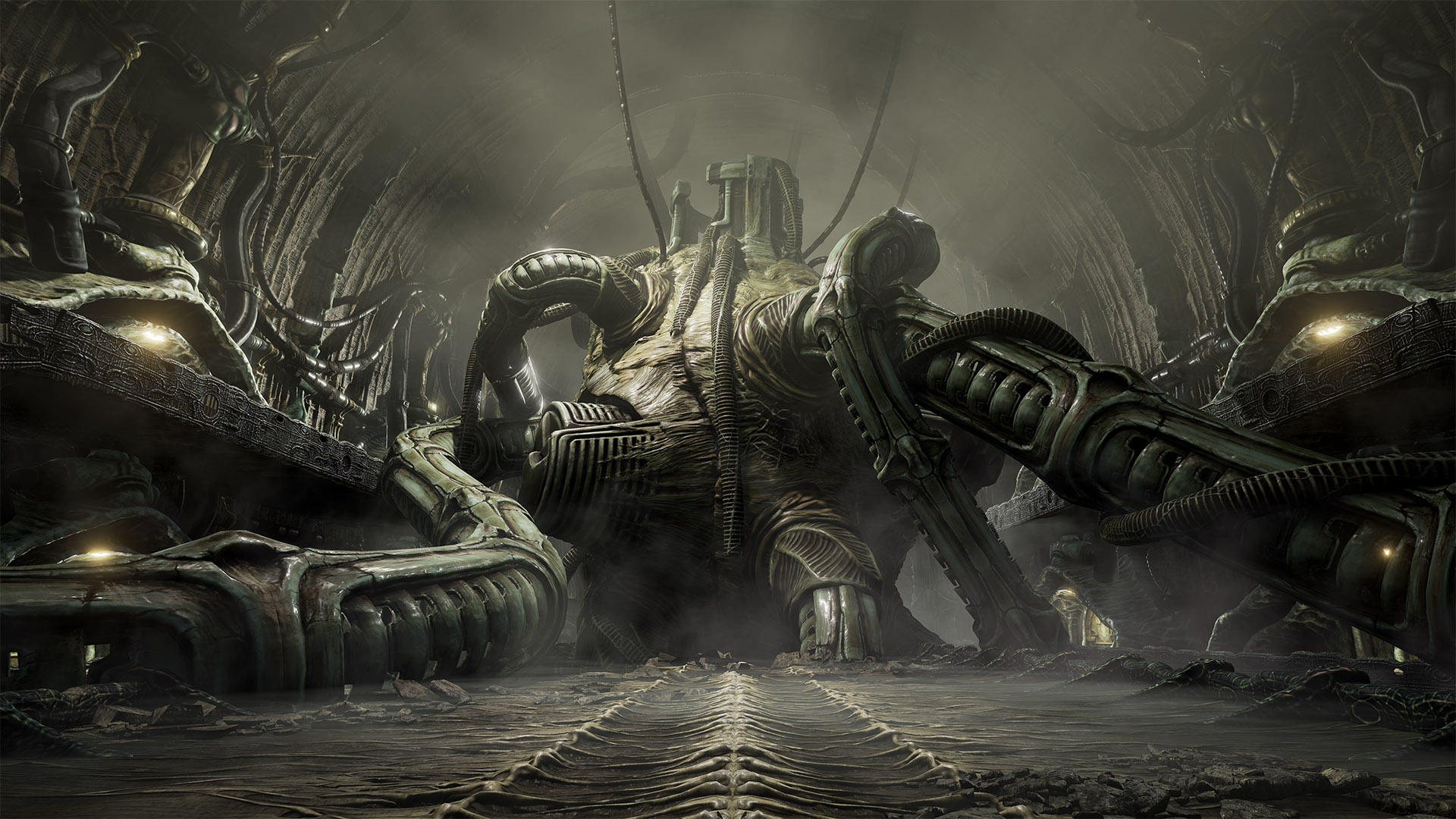In theory you should be able to as it's likely that MS will use compute for that purpose, at least initially, which should work on any GPU of X level of compute capability. Integrated graphics aren't disabled as, for example, you can drive a monitor with the integrated GPU on a desktop system while simultaneously driving a monitor on a dedicated GPU.
If it's performant enough at GPU based decompression, I see little to no reason why they wouldn't want to leverage the capabilities of the integrated GPU for such tasks, especially if it's for assets whose destination is main system memory versus the GPUs VRAM. In the latter case it might be preferable to have the dedicated GPU do it if it results in lower latencies and lower latencies is desirable. Although it could still be potentially more beneficial to leverage the integrated GPU reduce work done by the dedicated GPU WRT non rendering related work.
Regards,
SB



